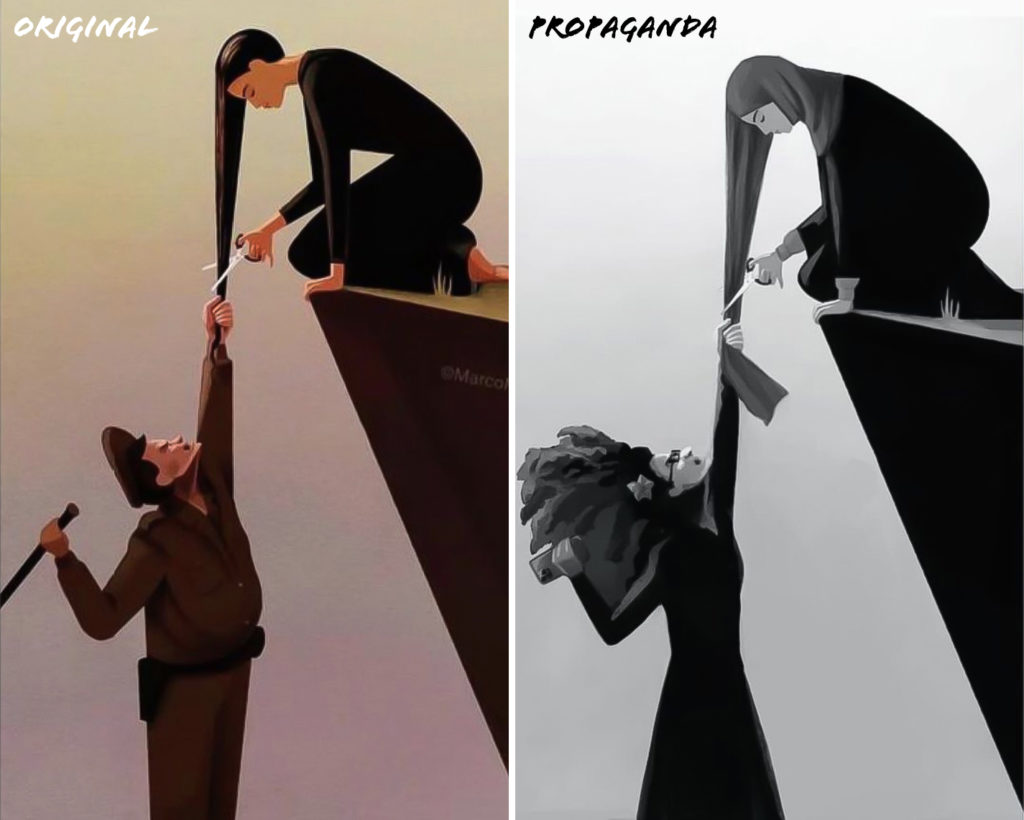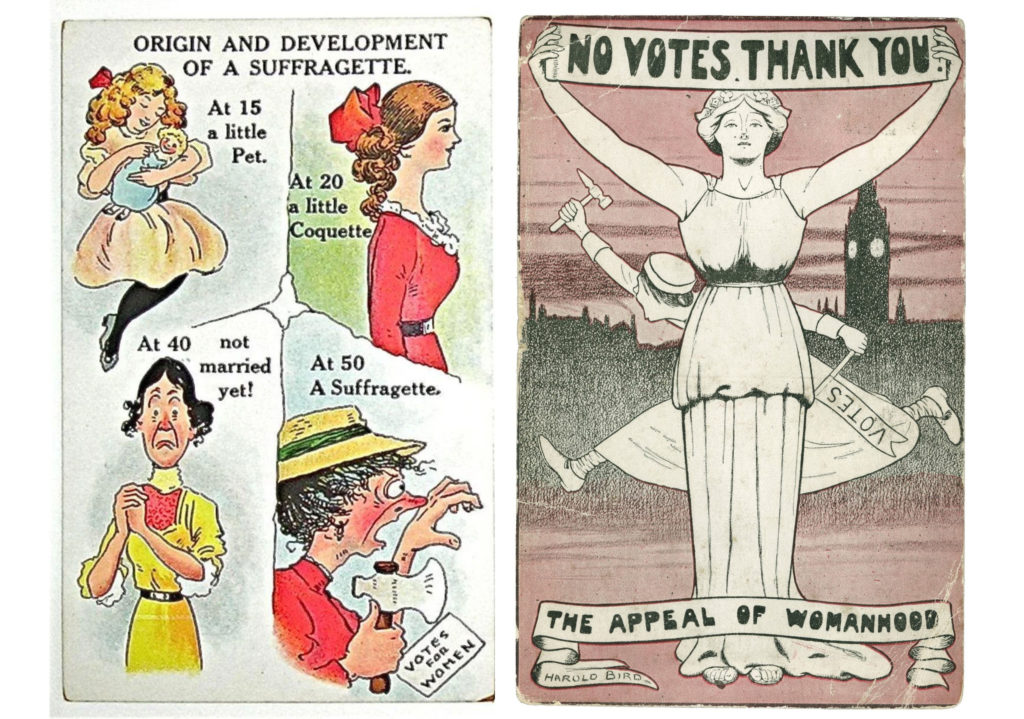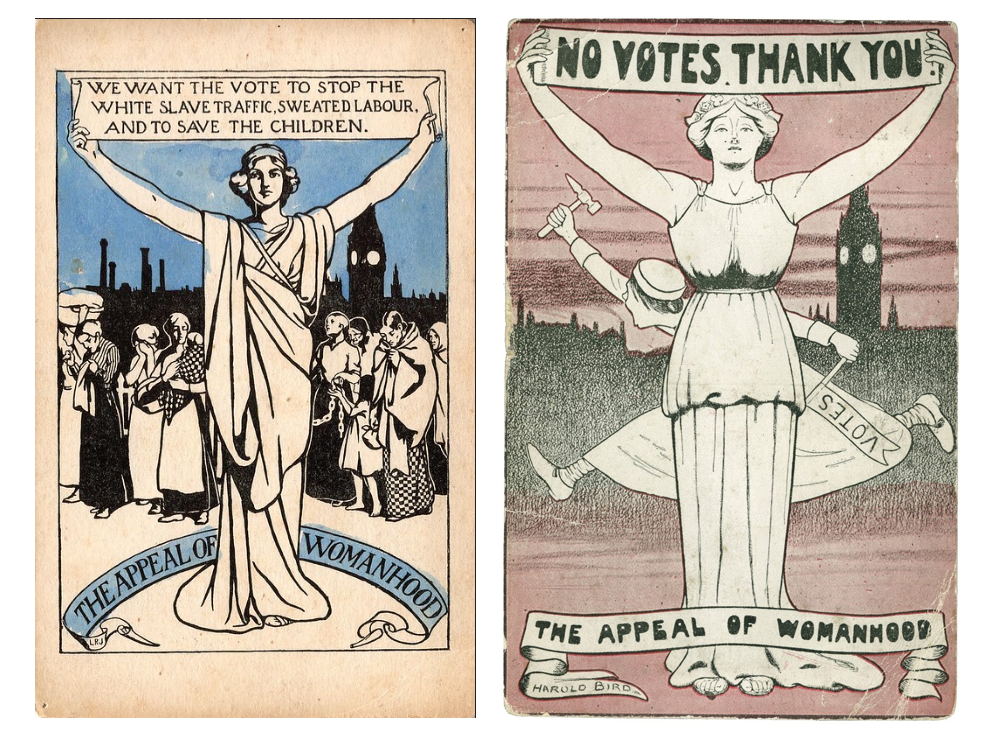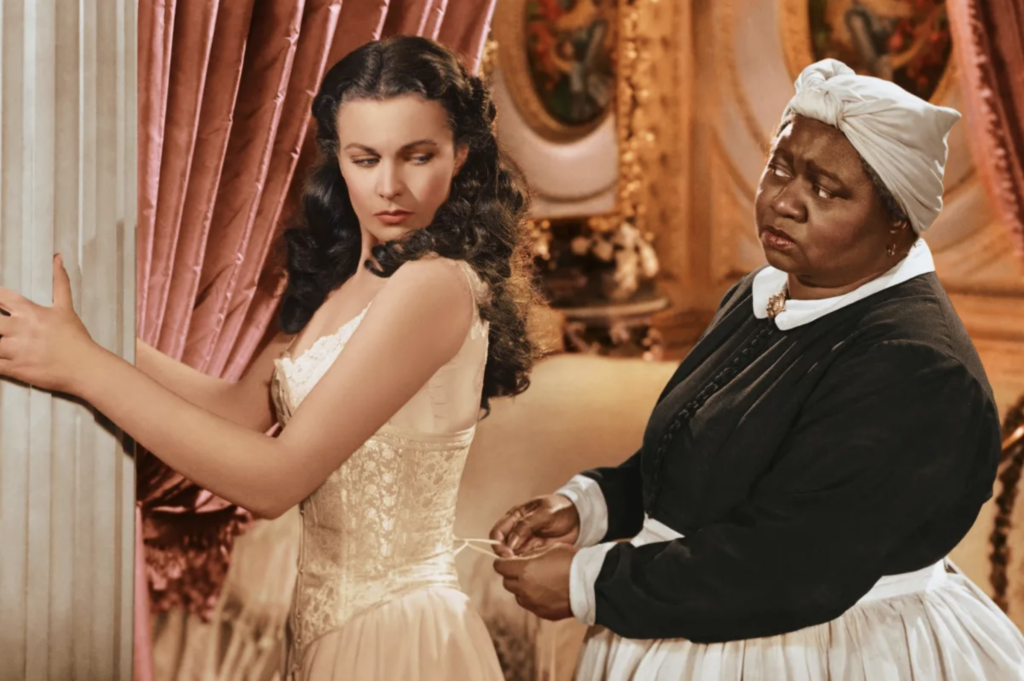Masih Alinejad vs the propaganda

Masih Alinejad. Photo: Ali Khaligh, Wikimedia, CC BY-SA 4.0
I just want to make sure: You are following the Iranian regime’s worst nightmare, the journalist @masih.alinejad, right?
In 2014, she created the Facebook page My Stealthy Freedom, where Iranian women are encouraged to upload pictures of themselves discreetly ditching their headscarves in public. Nine years and over 9 million followers later, she is still hard at work posting clips the Iranian people send her so that they can be exposed to the world. Not only evidence of the regime’s crimes against humanity, but also inspiring videos where thousands of Iranians, both women and men, old and young, stand arm in arm, leaving their fears behind.
Tellingly, said regime still finds the time to disparage Masih Alinejad, despite being embroiled in the revolution that has been raging ever since the “morality police” beat Jina Mahsa Amini to death for the crime of wearing her headscarf the “wrong” way.
I assume you’ve seen the artist @m_melgrati’s viral image of a woman cutting the ties (in the shape of her hair) with a baton-wielding morality policeman dangling over a precipice?

The original image by Marco Melgrati (@m_melgrati) next to the regime’s propaganda remake.
The regime has made its own version, where it’s a witchlike caricature of Masih Alinejad who dangles over the precipice, her hand clasping the headscarf of a peaceful woman.
In this version, the morality police is nowhere to be found. The powers that be have made a sneaky exit from the equation, thereby painting the conflict as one between women who want to wear headscarves, and feminists who want to snatch them away from them.
This particular trick has a long history.

Two postcards from the movement against female suffrage. Sources: Sociological Cinema and Ann Lewis Suffrage Collection
The anti-suffragette movement often painted their opponents as ugly, old, loudmouthed and unmarried — occassionally contrasted against beautiful, feminine goddesses with banners reading “No votes, thank you!”
Anti-abolition propaganda created stereotypes like the ”mammy” — the female slave who cooked and took care of white children with a smile on her face, since submissiveness is built into her (black) DNA. The mammy was, in turn, contrasted against the unruly, independence-thirsting white housewife whose corset she helped tighten.
Masih Alinejad’s followers are not that easily fooled, however. As one of them puts it:
“We’re not against anyone’s hijab, we’re against coercion. The Islamic Republic’s painting is a lie.”
The dictator is naked. And Masih Alinejad refuses to let go of his towel.
#iranrevolution ❤️🔥
P.S. After publishing this post, I discovered that the picture with the “No votes, thank you!” banner was actually the anti-suffragette movement’s remake of a pro-suffragette postcard (just like the Iranian regime’s vandalized version of Marco Melgrati’s viral picture):

Source: Wikimedia Commons.
Back to all posts about Iran

